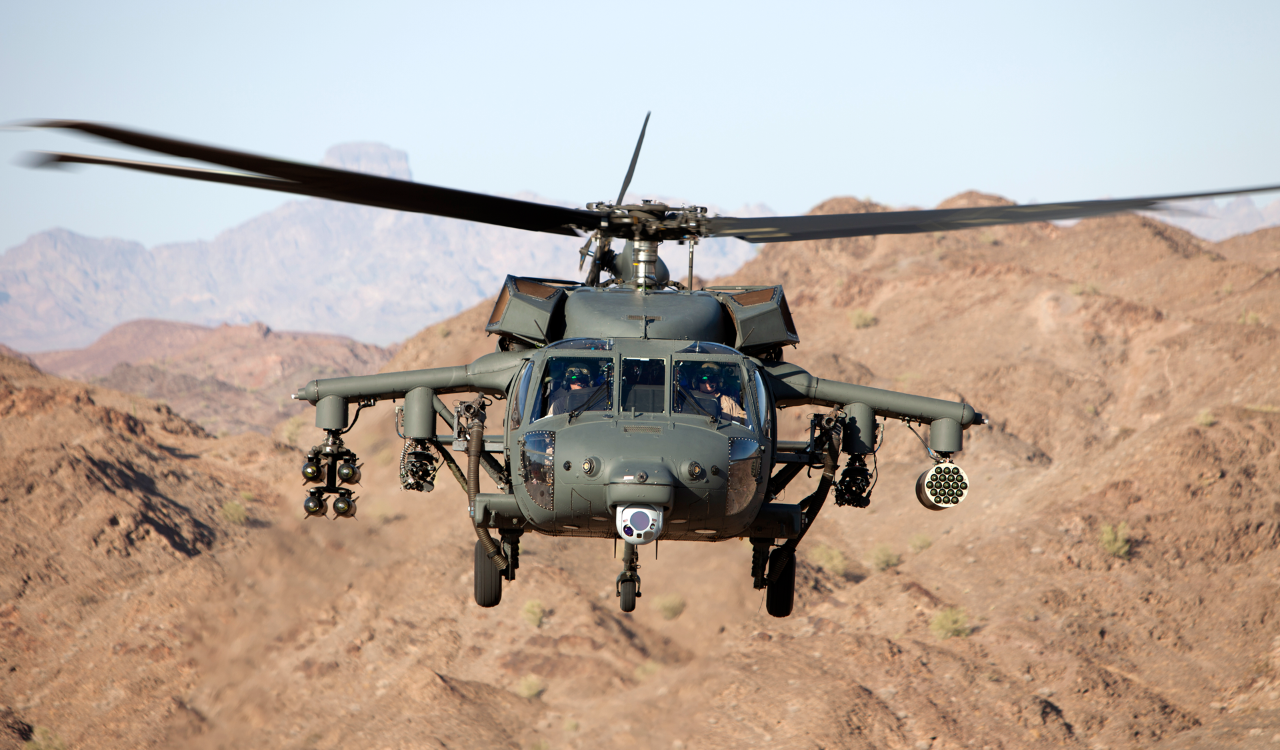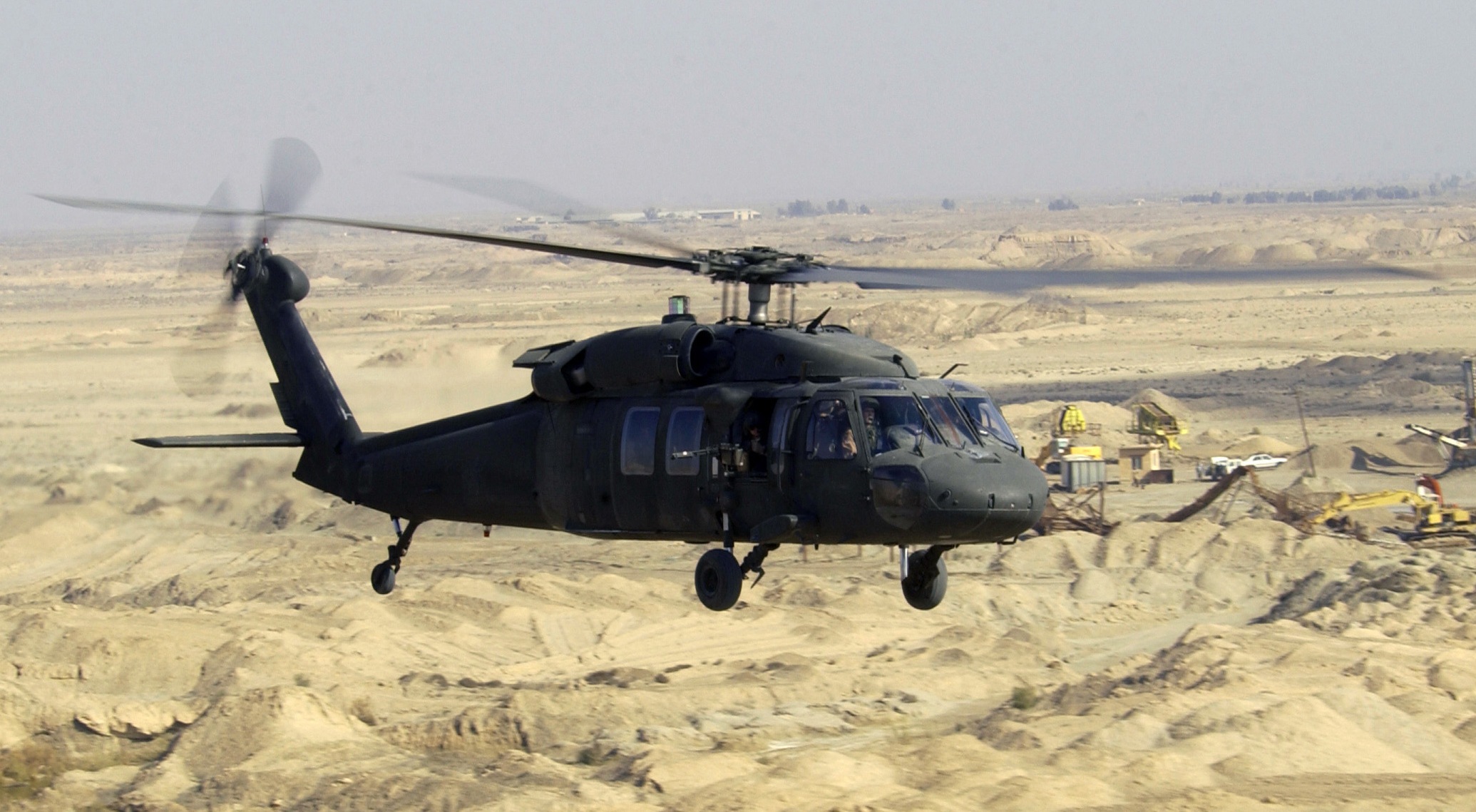UH 60 Black Hawk: Secret Functions and Technologies
UH 60 Black Hawk: Secret Functions and Technologies
Blog Article
The Impact of Sustainable Practices on the Future of Airplane Procedures and Emissions Reduction
As the aviation industry encounters boosting scrutiny over its ecological effect, the adoption of lasting practices becomes a vital pathway towards future aircraft procedures and discharges decrease. Advancements in sustainable aeronautics fuels and innovations in crossbreed propulsion technologies stand at the center of this improvement, promising substantial reductions in greenhouse gas emissions. However, the successful combination of these campaigns depends upon a selection of elements, consisting of regulative structures and industry partnership. The concern continues to be: just how will these developing methods improve the dynamics of flight and add to an extra lasting future?

Summary of Sustainable Practices
Sustainable practices in aircraft operations include a variety of methods focused on reducing ecological impact while maintaining functional effectiveness. These practices are important in the aeronautics sector's dedication to decreasing its carbon impact and sticking to worldwide environmental requirements. Secret campaigns include enhancing flight courses to minimize fuel consumption, boosting maintenance protocols to ensure airplane run at peak effectiveness, and implementing innovative modern technologies such as winglets and lightweight materials that boost the rules of aerodynamics.

Engaging and educating staff on sustainability methods likewise play a crucial duty, cultivating a culture of ecological responsibility within organizations. Generally, the assimilation of these sustainable techniques not just aids minimize exhausts however also boosts the long-term feasibility of the air travel sector, ensuring it satisfies the needs of both consumers and regulatory bodies while adding to international sustainability objectives.
Ingenious Fuel Alternatives
Numerous cutting-edge fuel alternatives are emerging as pivotal services to decrease the aviation sector's dependence on typical fossil fuels. Among these options, Sustainable Aeronautics Gas (SAFs) have actually gained substantial attention because of their potential to decrease lifecycle greenhouse gas emissions by up to 80% contrasted to traditional jet fuels. SAFs are originated from various feedstocks, including waste oils, agricultural residues, and even algae, making them a functional alternative for the industry.
An additional encouraging choice is hydrogen gas, which, when utilized in fuel cells, produces just water vapor as a result. This zero-emission prospective presents a substantial opportunity for decarbonizing trip procedures, particularly for short-haul trips and local aircraft. Additionally, electrical propulsion systems are being explored, leveraging battery innovation to power aircraft. While current battery capacity restrictions variety and payload, continuous developments may quickly render electrical trips feasible for particular applications - uh 60.
Last but not least, biofuels stemmed from biomass are being checked out, offering a renewable option that can be blended with traditional fuels. Jointly, these cutting-edge gas options stand for an important action toward accomplishing a sustainable aeronautics community, straightening with worldwide emissions reduction targets and boosting the market's environmental stewardship.
Technical Advancements in Air Travel

Just how can technological innovations improve the future of aeronautics? Technologies such as electric and hybrid propulsion systems are at the forefront, appealing substantial reductions in fuel usage and greenhouse gas emissions.
Furthermore, the application of advanced products, such as lightweight composites, adds to enhanced aerodynamics and fuel performance. Making use of expert system and artificial intelligence in trip operations maximizes path planning and reduces fuel shed by making it possible for real-time adjustments based upon climate and web traffic problems. In addition, the growth of independent and remotely piloted airplane systems stands to revolutionize freight and guest transportation, potentially boosting efficiency while reducing human error.
Furthermore, lasting aviation modern technologies, consisting of advanced air website traffic administration systems, can decrease and simplify operations blockage, bring about lower emissions during trip. These advancements jointly represent a standard change in air travel, guaranteeing a future where sustainability and functional efficiency are intertwined, therefore supporting the industry's commitment to decreasing its environmental influence.

Regulative Framework and Conformity
Taking into account the growing emphasis on ecological stewardship within the aviation sector, the governing structure governing airplane procedures is advancing to advertise lasting techniques. Regulative bodies, such as the International Civil Aviation Company (ICAO) and numerous nationwide aeronautics authorities, are introducing stringent standards targeted at lowering exhausts and boosting functional effectiveness.
These guidelines commonly include the adoption of Sustainable Aeronautics Gas (SAF), which has been identified as an essential part in attaining reduced carbon footprints. In addition, compliance with these regulations requires airlines to implement functional practices and advanced technologies, such as enhanced trip courses and improved air website traffic management, to lessen gas consumption.
Additionally, the enforcement of exhausts trading plans and carbon offsetting efforts is becoming significantly prevalent, engaging airlines to check and report their discharges precisely. Non-compliance can lead to substantial fines, hence pressing operators to prioritize sustainability in their organization designs.
Inevitably, the developing governing landscape not only drives advancement and investment in green technologies however also cultivates a society of accountability within the air travel sector. As these frameworks remain to develop, the emphasis on lasting techniques will be integral to achieving the sector's long-term environmental objectives.
Future Trends in Aircraft Workflow
As the aeronautics industry adapts to a progressively rigid regulatory atmosphere, future patterns in aircraft operations are readied to concentrate on innovative services that even more enhance sustainability and performance - uh 60. Trick Your Domain Name developments will likely include the fostering of innovative air website traffic administration systems, which make use of real-time information and fabricated knowledge to enhance trip courses, reducing fuel usage and emissions
An additional considerable fad is the boosted integration of lasting aviation i was reading this fuels (SAFs) These options to traditional jet fuel, stemmed from eco-friendly resources, can dramatically lower lifecycle greenhouse gas emissions. The industry's dedication to SAFs will likely accelerate as airline companies work together with gas producers to make sure availability and cost-effectiveness.
In addition, the press towards electrification and crossbreed propulsion systems is obtaining energy. Arising airplane styles will include these modern technologies, providing quieter and extra efficient operations, especially for short-haul flights.
Conclusion
In conclusion, the assimilation of sustainable methods in airplane procedures holds significant possibility for emissions reduction and enhanced effectiveness. The adoption of sustainable aeronautics fuels, coupled with innovations in electric and hybrid propulsion systems, is vital for lessening lifecycle greenhouse gas discharges. Optimizing find here flight courses and accepting innovative technologies add to a quieter and extra environmentally friendly air travel sector. Collectively, these initiatives straighten with international sustainability objectives and lead the way for a greener future in aviation.
Innovations in lasting aeronautics gas and advancements in hybrid propulsion modern technologies stand at the center of this change, encouraging considerable reductions in greenhouse gas emissions.Many cutting-edge fuel alternatives are arising as pivotal remedies to minimize the air travel market's dependence on traditional fossil fuels - uh 60. Among these options, Lasting Aviation Fuels (SAFs) have obtained considerable interest due to their potential to decrease lifecycle greenhouse gas exhausts by up to 80% compared to conventional jet gas.One more significant pattern is the raised combination of sustainable aeronautics gas (SAFs) The fostering of sustainable air travel gas, combined with improvements in electrical and hybrid propulsion systems, is important for decreasing lifecycle greenhouse gas exhausts
Report this page